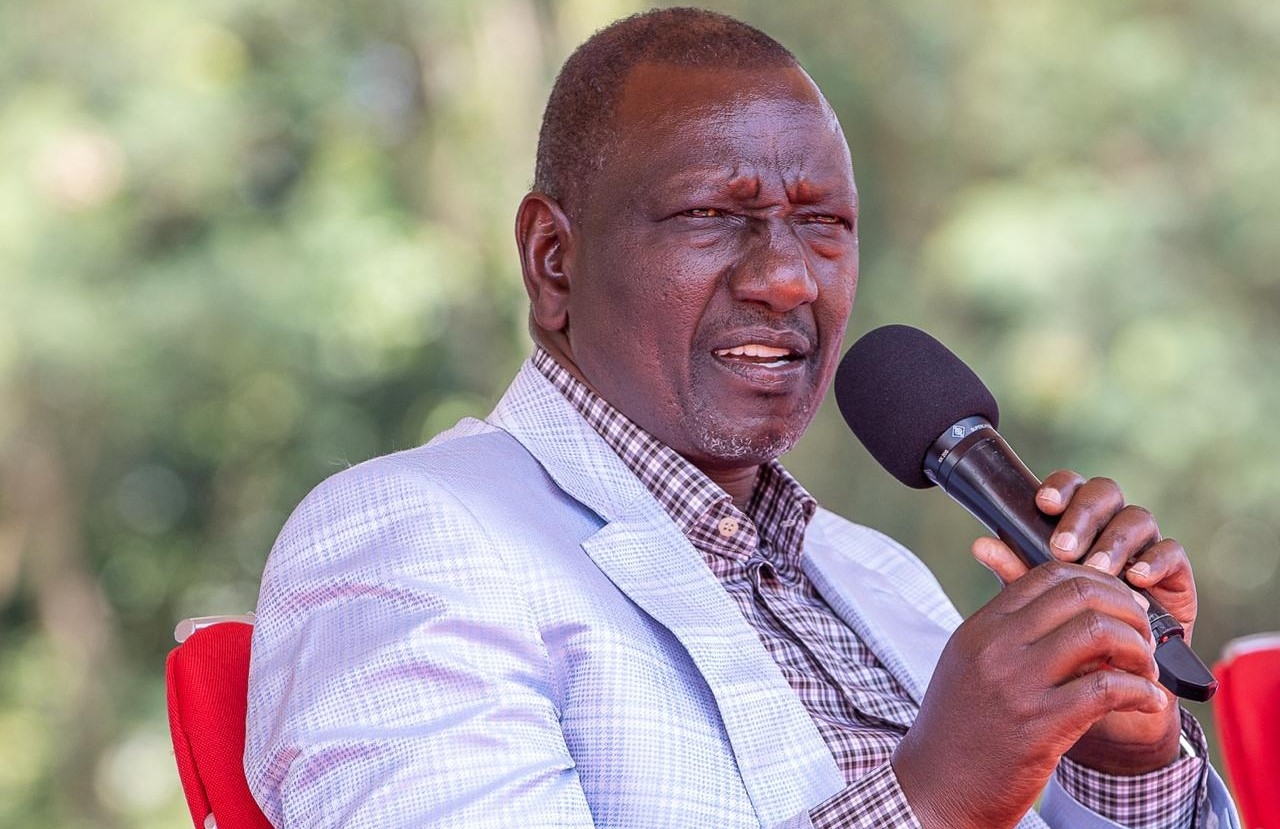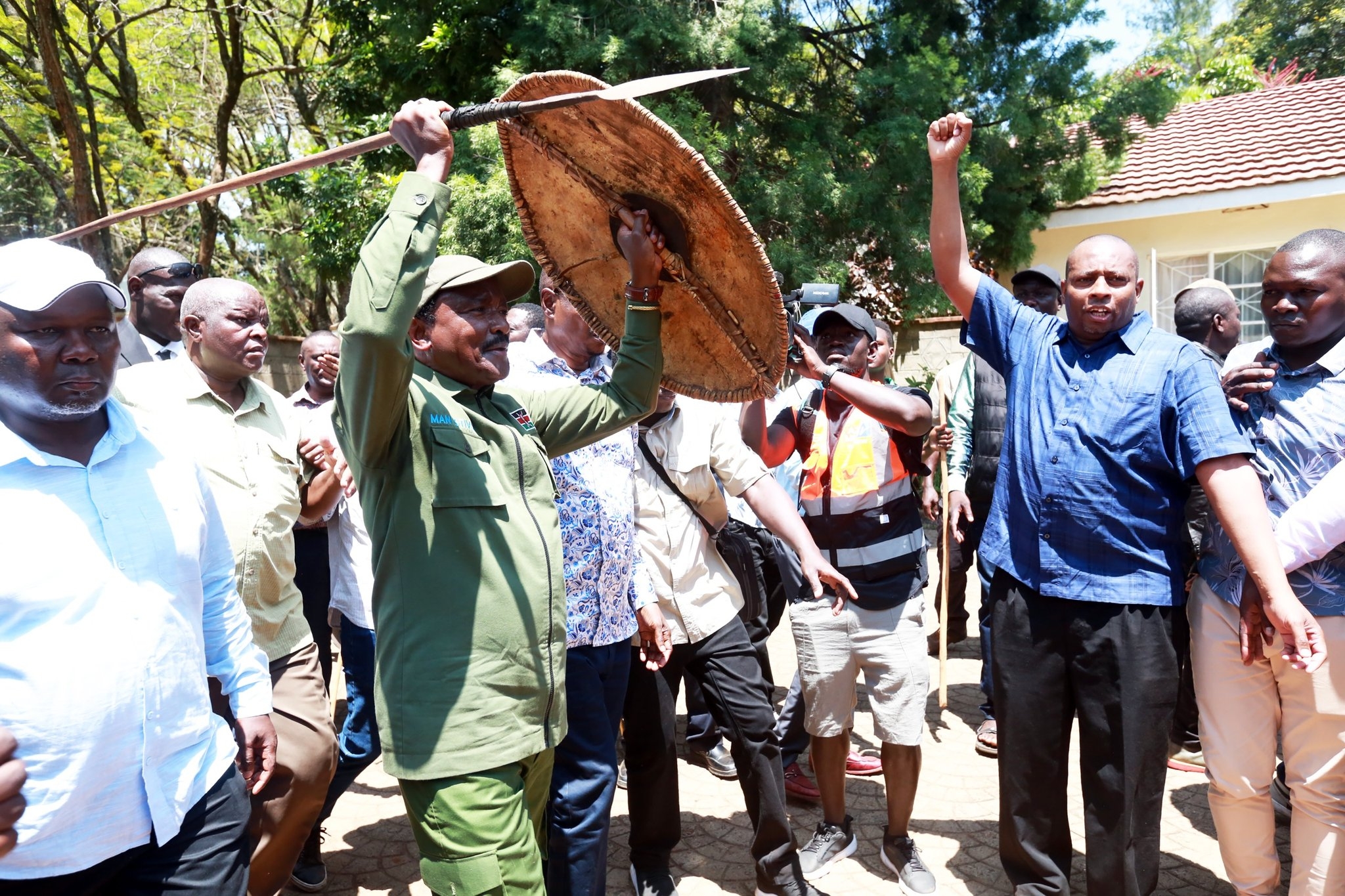The government will distribute 12.5 million bags of fertiliser for the long and short rain seasons.
Agriculture Principal Secretary Kipronoh Ronoh said 7.5 million bags will be issued for the long rains and five million for the short rains.
He spoke during the opening of the International Smallholder Empowerment and Agribusiness Promotion workshop in Nairobi.
The SHEP seeks to change farmers’ mindset from grow and sell to grow to sell, and increase the incomes of small-scale farmers and boost value addition.
The five-year project (December 2020-December 2025) is being implemented by the national and county governments in partnership with JICA and targets 6,000 farmers in 20 counties.
The PS said from January to February, the government will distribute the subsidised fertiliser sold for Sh2,500 per 50kg bag in Narok, Bomet, Nyamira and Kisii counties.
From March to May, the programme will target North Rift counties including Nandi, Uasin Gishu, Elgeyo Marakwet and Nakuru.
“From May to June, we have scheduled to distribute fertiliser to the Central region counties of Nyeri, Kirinyaga, Murang’a, Meru and the rest. In October, we will target counties in the semi-arid areas including Wajir, Garissa, Mandera, Marsabit and areas of Turkana,” he said.
Ronoh said the government is distributing close to 2.2 million bags of fertiliser to counties that are currently planting their long rains crop.
“Currently, we have about 1,000 lorries on the roads ferrying fertiliser to be distributed to farmers across the country. For the last two weeks, we have managed to distribute 150,000 bags of fertiliser and we intend to clear distribution within the next one-and-half months of 2.5 million bags across the country,” the PS said.
This week, county commissioners, senior officials from the government and CEOs of Ministry of Agriculture agencies have been launching fertiliser distribution across the country.
“This week we will distribute fertiliser in Makueni and Kirinyaga counties and next week in the Central parts of the country,” Ronoh said.
In terms of farmer engagement, the PS said farmer registration is still ongoing and so far 6.4 million farmers have been listed.
He said there have been challenges in farmer registration including wrong data and information that some farmers gave during the process.
“Farmers had the misinformation that they were registering for the purposes of taxation and so they did not give the right information. Farmers whom we have engaged and had challenges in accessing the subsidy fertiliser we realised that they gave wrong information. Now, we have a team that is trying to harmonise so that the farmers would get the right bags of fertiliser as per their acreages,” the PS said.
New farmers can register by pressing *616*3# to get into the system and they will get an alert.
“Then the county government representative on the ground will visit the farmer to confirm their acreages, existence and also to capture other information to do with their geometrical location so that we can get it right,” he added.
The PS said the other challenge has been long distances farmers cover to access the fertliser. He said last time the distribution was being done at the National Cereals and Produce Board depots across the country but the distance was a challenge for many farmers.
“We are now distributing it closer to the farmers and moving to the wards. We are covering the 1, 450 wards across the country. We also have other selling stores, which we have already created and we have further requested county governments to identify the nearest selling point for farmers where the fertiliser can be distributed. We have given them up to February 15 to give us the points to enhance easier distribution of the fertiliser,” Ronoh said.
“We are continuously monitoring the situation and we have put up a National Fertiliser Monitory Centre in the Ministry of Agriculture to ensure that all complaints, public or farmer concerns are looked into,” the PS said.



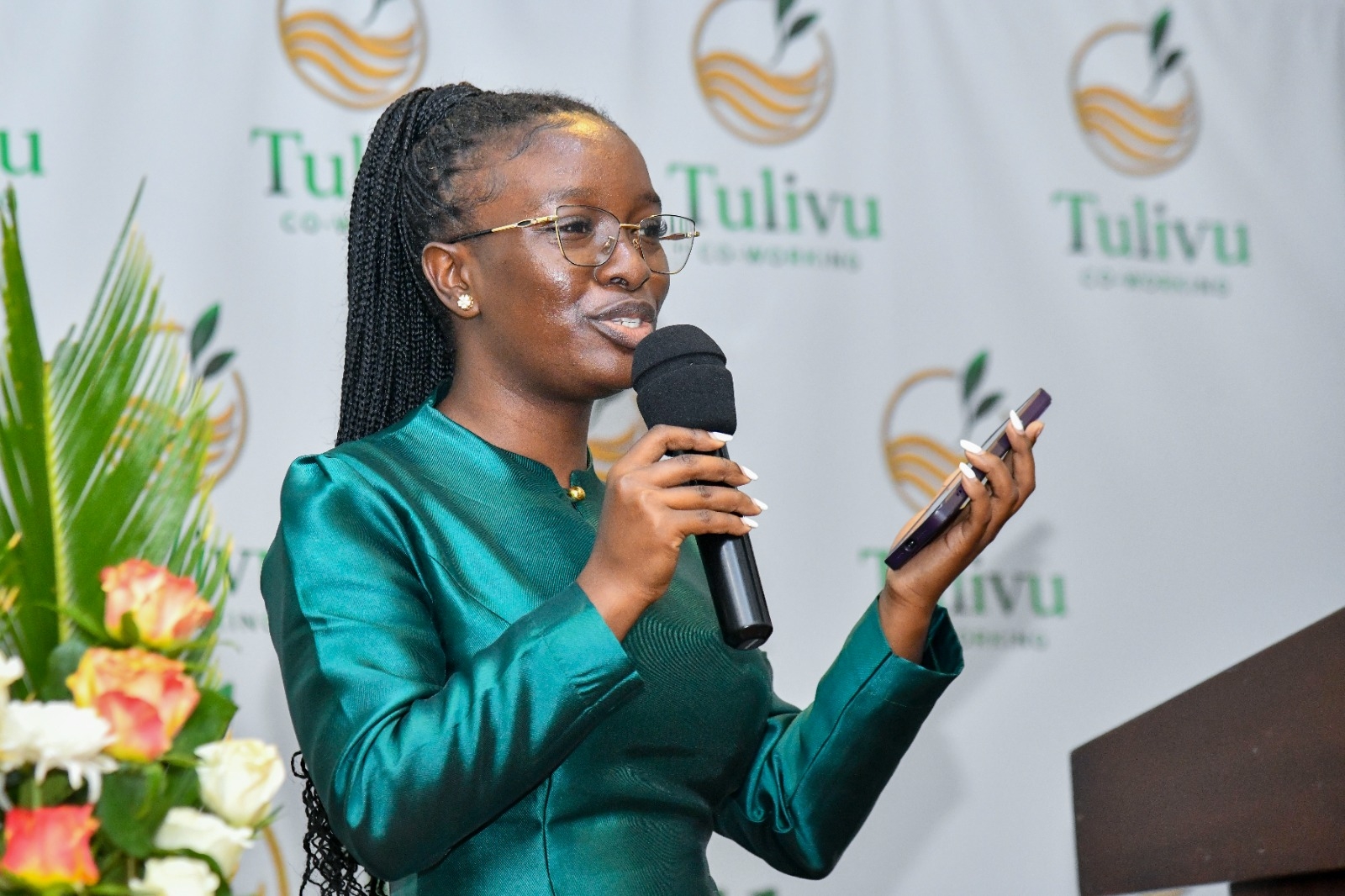


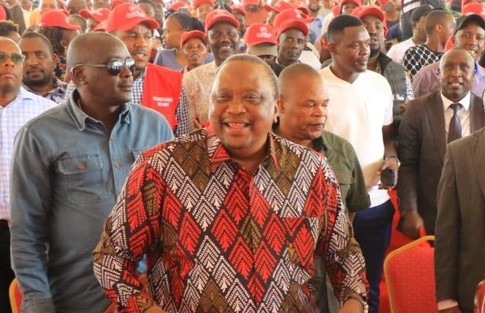


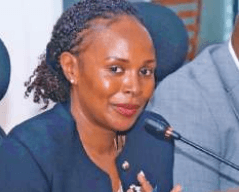
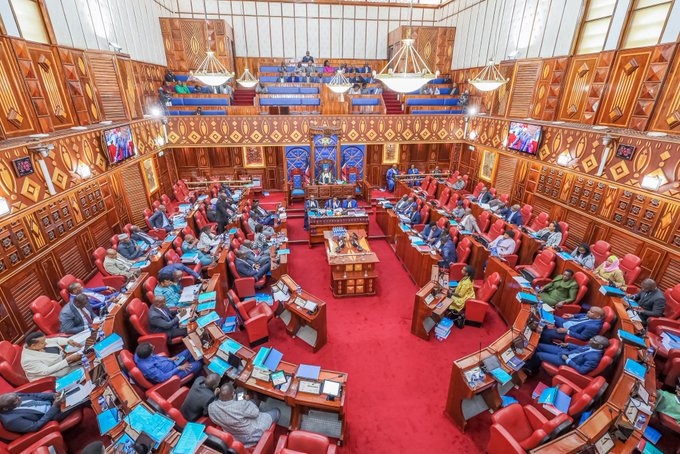

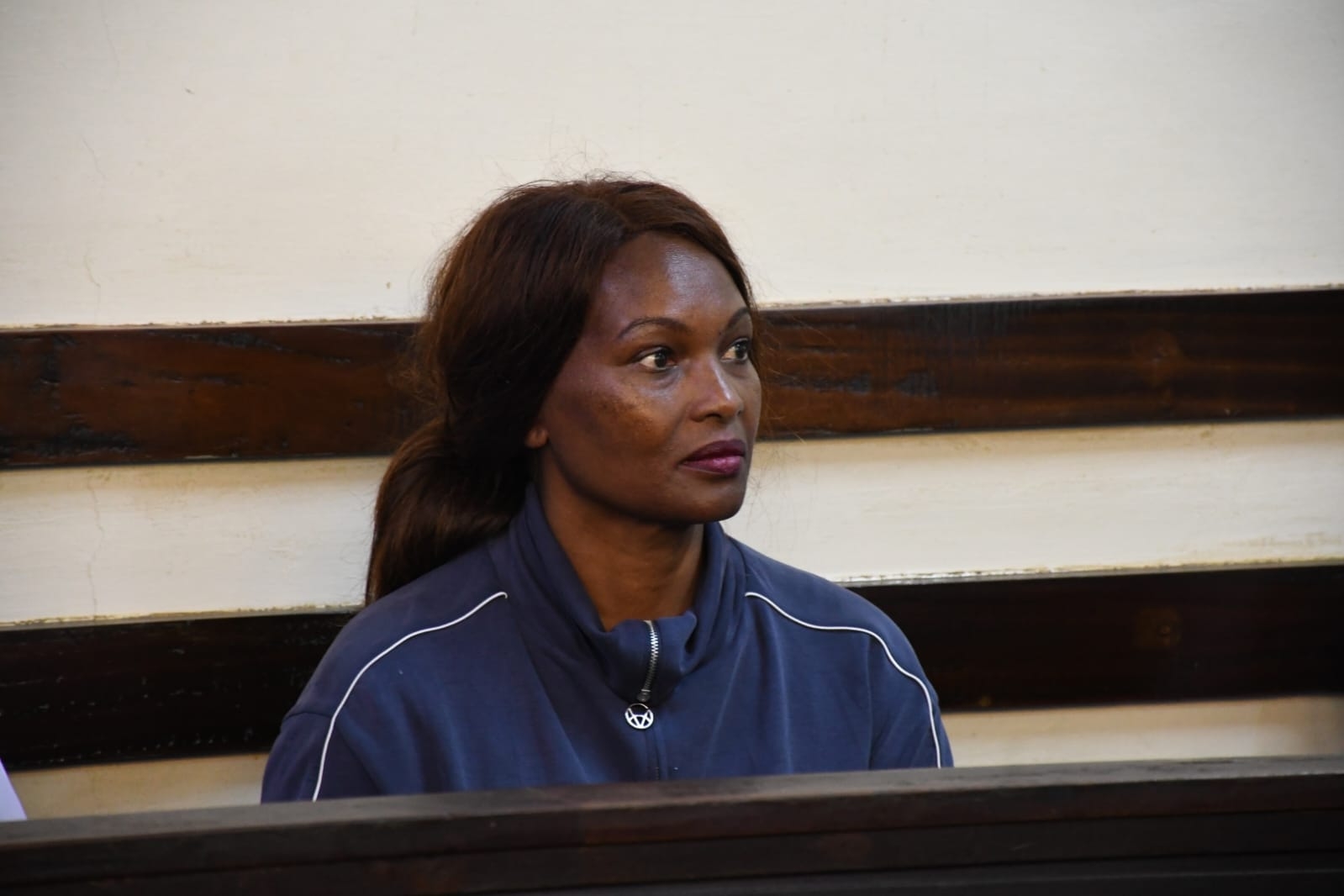
![[PHOTOS] Uhuru leads Jubilee grassroots meeting in Murang’a](/_next/image?url=https%3A%2F%2Fcdn.radioafrica.digital%2Fimage%2F2025%2F11%2F0b2a49cd-52fb-4a92-b9dc-26e253825a4a.jpeg&w=3840&q=100)
